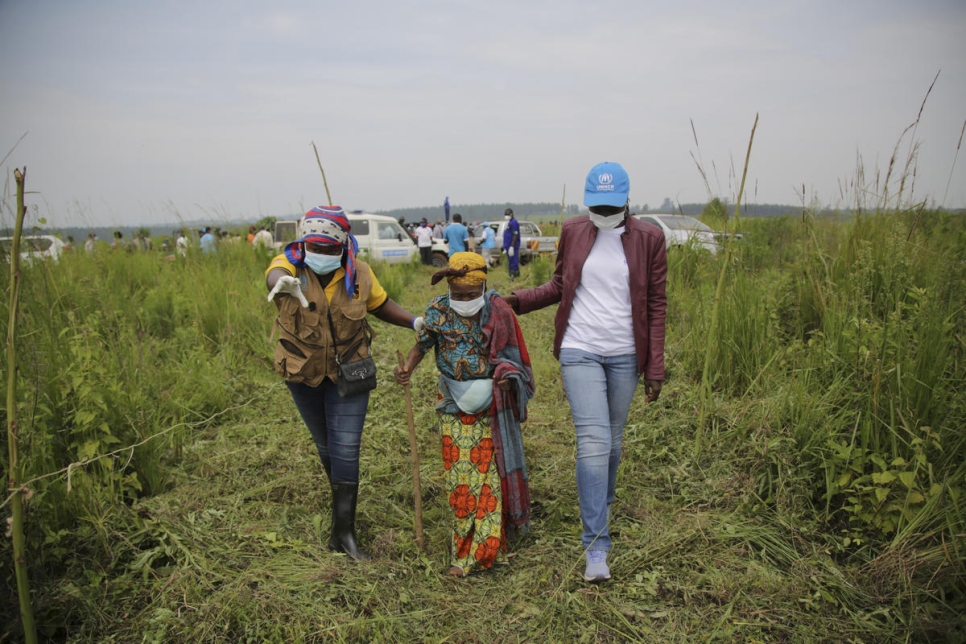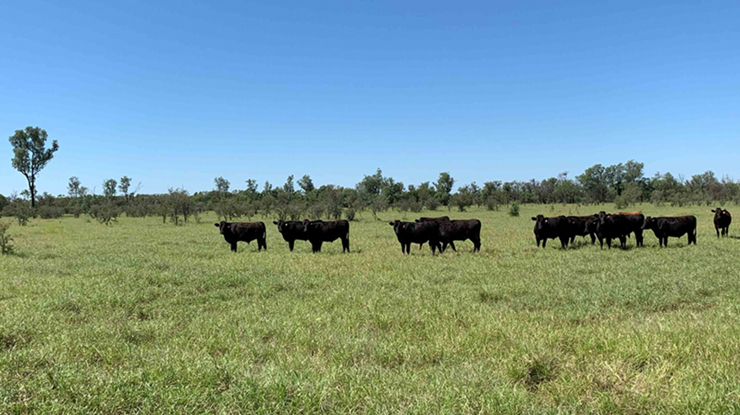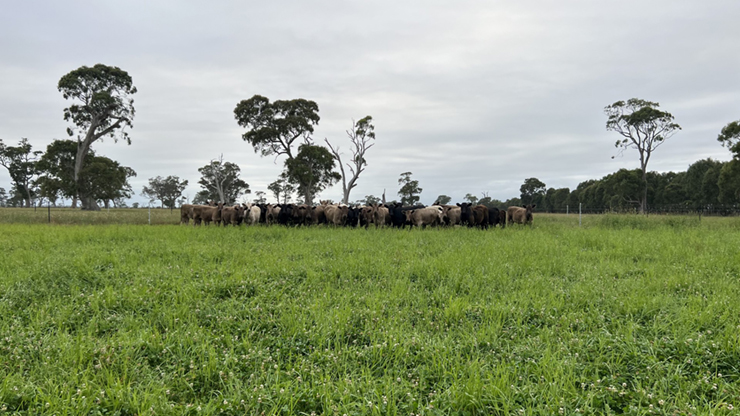This is a summary of what was said by UNHCR spokesperson Shabia Mantoo – to whom quoted text may be attributed – at today’s press briefing at the Palais des Nations in Geneva.
 UNHCR staff help a Congolese asylum-seeker reach a health screening point in Zombo, near Uganda’s border with the Democratic Republic of the Congo, in July 2020. © UNHCR/Rocco Nuri
UNHCR staff help a Congolese asylum-seeker reach a health screening point in Zombo, near Uganda’s border with the Democratic Republic of the Congo, in July 2020. © UNHCR/Rocco Nuri
An upsurge of fighting in eastern Democratic Republic of the Congo has forced at least 11,000 people to flee across the border into Uganda since Sunday night, according to UNHCR, the UN Refugee Agency. This represents the largest refugee influx in a single day in the country for more than a year. The fighting between militia groups and Congo’s armed forces is taking place in North Kivu’s Rutshuru Territory and the vast majority of those who crossed the border are women and children.
Some 8,000 asylum-seekers crossed at Bunagana town and another 3,000 at Kibaya border point in Kisoro district. Both are some 500 km southwest of Uganda’s capital Kampala. The new arrivals told UNHCR staff that fighting was going on in the villages of Binja, Kinyarugwe and Chanzu. Many people came with cooking utensils, sleeping mats, clothing and livestock, gathered hurriedly as they fled. Some appear to be returning to remote areas in the border vicinity.
UNHCR and Uganda’s Office of the Prime Minister, which manages several transit facilities for asylum-seekers along the Congolese border, are responding to the emergency in coordination with district and local authorities. UNHCR has already relocated about 500 asylum seekers to the nearby Nyakabande transit centre, which can accommodate up to 1,500 people.
Asylum-seekers at Nyakabande are screened for COVID-19, registered and given water, food, communal shelters and other items such as blankets. A system is in place to identify and fast track people in need of emergency assistance. Several partners are also responding to the emergency including Care and Assistance for Forced Migrants, Medical Teams International, Save the Children, the Uganda Red Cross and the World Food Programme.
Uganda’s borders are closed to asylum-seekers due to COVID-19 restrictions, but the government has once again applied a humanitarian exception and granted safe passage to people seeking safety.
UNHCR commends Uganda for allowing those seeking refuge to enter the country. However, we are concerned that local capacity and services may be soon overwhelmed and request urgent resources to address the needs of the new arrivals. So far this year, UNHCR has received only 45 per cent of the funding for its operations in Uganda, a country that hosts more refugees than any other in Africa. Only three countries globally host more refugees.








